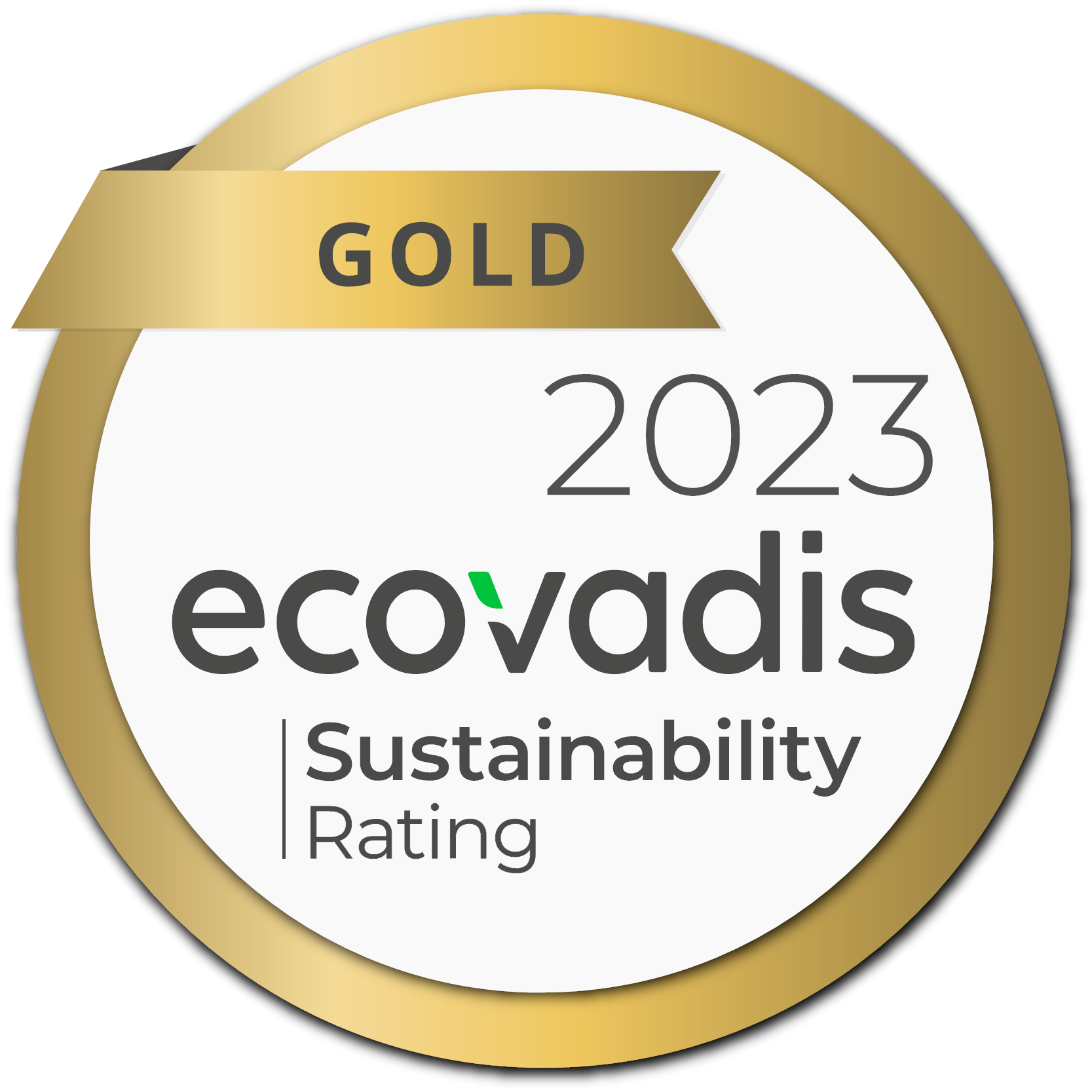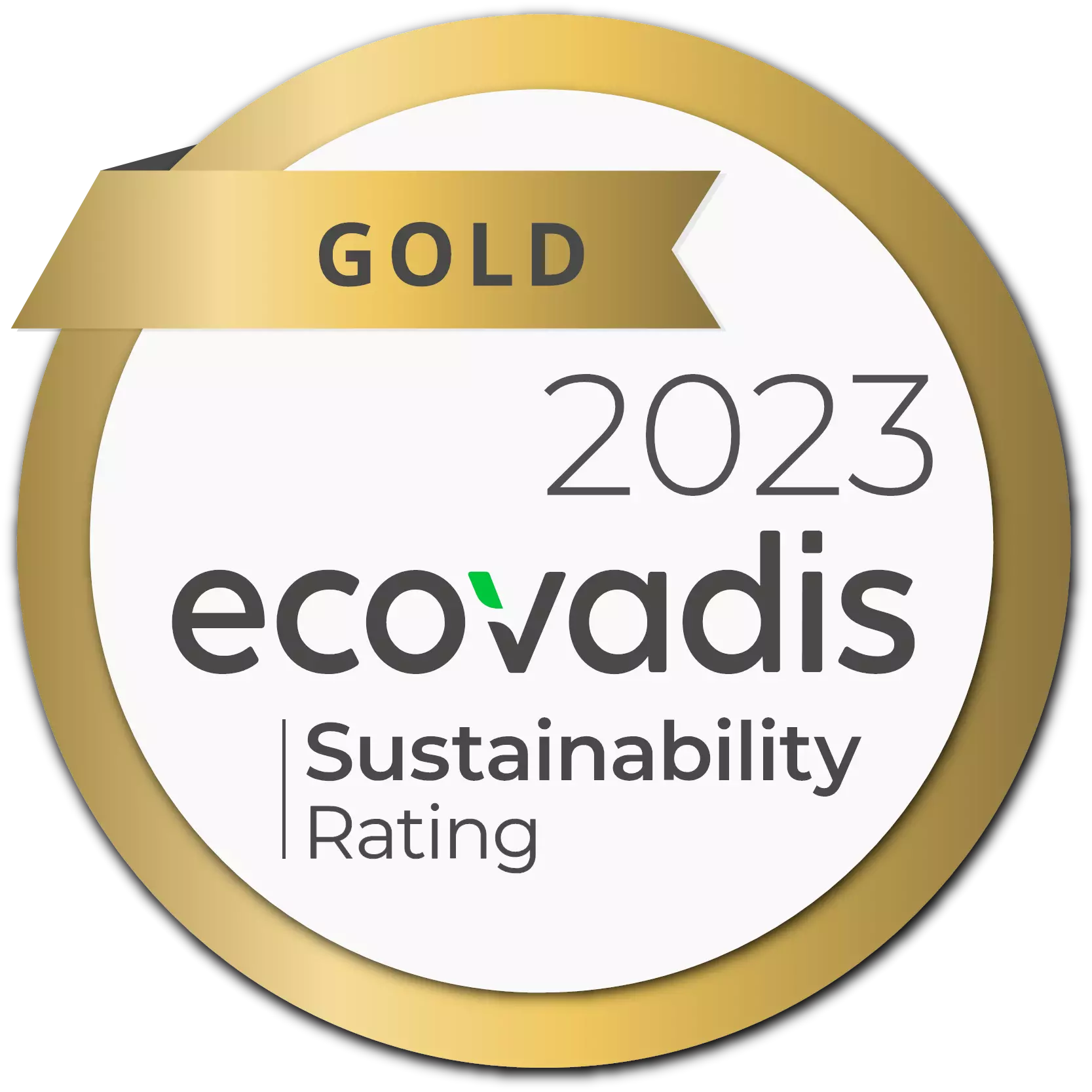Exploring the Role of Methyl Tertiary Butyl Ether (MTBE) in Renewable Energy Solutions
Methyl tertiary butyl ether is an organic chemical pivotal in sustainable energy production. A chemical compound with molecular formula C5H120 and CAS number 1634-04-4, methyl tertiary butyl ether is a colourless, flammable liquid with a distinctive ether-like odor. With a molar mass of 88.15 g/mol, it is soluble in water and is often used as an oxygenate in gasoline to boost octane ratings. The chemical’s boiling point is 55.2 °C (131.4 °F), while the density is 0.74 g/cm³.
The Role of MTBE in Renewable Energy Solutions
-
Oxygenate in Biofuels: MTBE Enhances Combustion Efficiency
Methyl Tertiary Butyl Ether (MTBE) is a valuable additive in renewable energy, particularly in producing biofuels. It is an efficient oxygenate, increasing the oxygen content in fuels like gasoline, and diesel. This oxygenation leads to a more complete and cleaner combustion process. By enabling powers to burn more efficiently, MTBE contributes significantly to reduced emissions of harmful pollutants, like carbon monoxide and unburned hydrocarbons. This reduction in emissions plays a critical role in ensuring that renewable energy sources remain environmentally friendly and sustainable.
-
Ethanol Replacement: MTBE’s Stability in Fuel Blends
Methyl tertiary butyl ether (MTBE) offers a stable alternative to ethanol in the formulation of biofuels. Unlike ethanol, which tends to absorb atmospheric moisture, MTBE remains chemically stable even in water. This inherent stability ensures that biofuel blends containing MTBE do not suffer from issues related to phase separation, which can occur when ethanol-blended fuels absorb water. Consequently, MTBE helps to maintain the integrity of biofuel blends, ensuring they are reliable and can be stored for extended periods without degradation.
-
Fuel Oxygenation: Critical for Cleaner Combustion
Cleaner combustion is a crucial aspect of renewable energy solutions, and fuel oxygenation is certainly an important stage in the process. MTBE’s ability to oxygenate fuels like gasoline leads to a more complete combustion process. By facilitating a better mix of fuel and air in the engine, MTBE reduces the formation of harmful emissions. This is particularly crucial in internal combustion engines, where incomplete combustion can release pollutants that contribute to air pollution and climate change. MTBE’s oxygenation properties, therefore, make it an invaluable contributor to the cleaner energy landscape.
-
Reducing Greenhouse Gas Emissions: Promoting Efficiency
One of the primary objectives of renewable energy is to reduce the effects of greenhouse gas emissions and mitigate climate change. MTBE is critical in achieving this objective by promoting more efficient combustion. When fuels burn more completely and efficiently, fewer carbon monoxide emissions and other pollutants are generated. This reduces the carbon footprint of energy production, contributing to a cleaner and more sustainable environment.
-
Enhancing Engine Performance: Preventing Knock and Improving Efficiency
MTBE’s oxygenation properties not only reduce emissions but also enhance engine performance. By preventing engine knock, a damaging and inefficient form of combustion, MTBE ensures that engines run more smoothly and efficiently. This improved combustion efficiency translates into better fuel economy, extending the life of internal combustion engines and ultimately reducing the environmental impact of transportation and energy generation.
-
Fuel Octane Rating: Boosting Efficiency
MTBE is widely recognized for its role in increasing the octane rating of gasoline. High-octane fuels are crucial for high-performance engines, allowing them to run at higher compression ratios. This leads to greater fuel efficiency and enhanced power output. In renewable energy, MTBE’s contribution to higher octane ratings promotes the use of more efficient and cleaner burning fuels.
-
Fuel Blending: Achieving Performance and Sustainability
MTBE can be blended with various biofuels, including ethanol, to create more environmentally friendly fuel mixtures. These blends offer a balanced combination of performance and sustainability, as they maintain stability, prevent phase separation, and provide the oxygenation necessary for cleaner combustion. This versatility in fuel blending makes MTBE an asset in achieving the dual goals of performance and environmental responsibility.
-
Versatile Fuel Additive: Extending Its Reach
Beyond its application in gasoline, MTBE serves as a versatile fuel additive. It finds utility in aviation fuel, contributing to improved combustion, enhanced engine performance, and reduced emissions. This versatility underscores the adaptability of MTBE in various energy sectors, making it a valuable component of sustainable and efficient energy solutions.
Methyl Tertiary Butyl Ether (MTBE) plays a multifaceted role in renewable energy solutions. Its exceptional properties make it a valuable ally in seeking cleaner, more efficient, and sustainable energy sources. As the world increasingly emphasizes reducing emissions and transitioning to greener energy options, MTBE’s contributions to the renewable energy landscape will likely become even more prominent.
Vinati Organics: Pioneering Sustainability in Chemical Manufacturing
Vinati Organics, a leading chemical manufacturer and supplier, is dedicated to eco-friendly, sustainable practices in chemical production. Renowned as one of the largest MTBE manufacturers and suppliers, the company provides organic, quality MTBE to diverse industrial markets. By implementing innovative, eco-friendly manufacturing technologies, Vinati Organics sets a high standard for environmental responsibility, ensuring minimal ecological impact. The commitment to delivering absolute purity and top-quality chemical products while reducing the carbon footprint has cemented Vinati Organics as a frontrunner in sustainable chemical manufacturing, catering to the ever-growing demand for environmentally conscious solutions. Get in touch with us for more information





